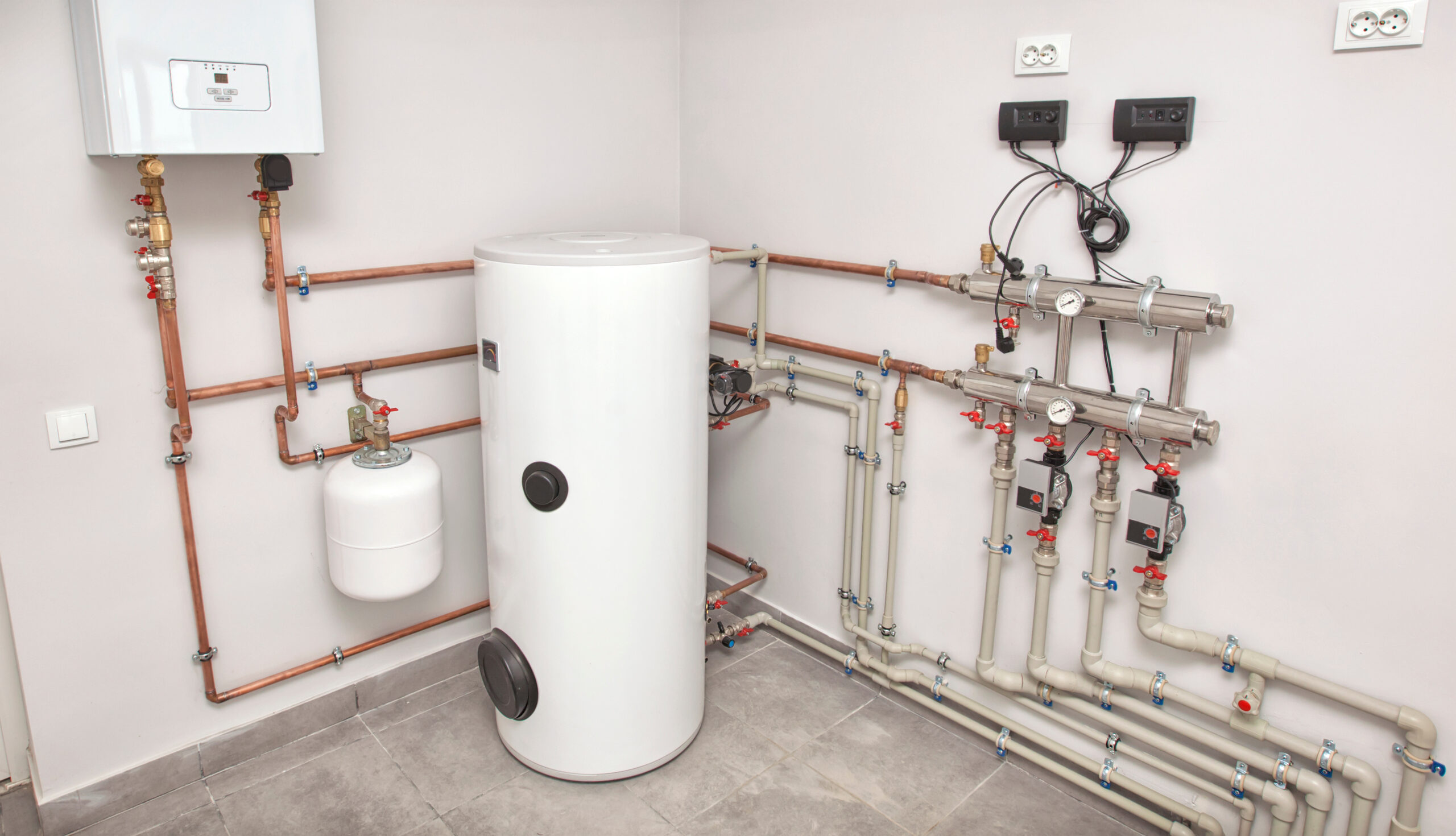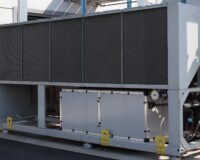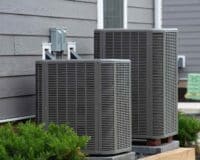What is the age of your system?
“How long has the boiler been in operation?” should be one of the first questions you ask to figure out when it’s time to replace your boiler. While most individuals are aware that their boiler can’t live forever, many people make this assumption. The average lifespan of a boiler is between 15 and 25 years. It may be time to upgrade your boiler if your old one is 23 years old and needs serious repairs.
Boiler Corrosion
One of the most obvious signs that you need to replace your boiler is when rust appears. This can be caused by a number of different things, such as broken valves or leaks, but it is often due to corrosion. Corrosion can also be caused by a reaction between the heat exchanger and burners. However, regular annual maintenance from professionals can help to prevent this from happening.
Costs of Boiler Upkeep Continue Rising
Most homes in the United States use gas as their primary source of heating, making it a huge industry. The manufacture, sale and installation of boilers is an extremely competitive market because no two home owners are alike when it comes to their needs and demands. Like other high-tech components, boilers require regular maintenance and repairs to keep them running effectively over time. It’s not unusual for you to spend money keeping your boiler operational. However, if the cost of keeping your boiler operating continuously rises every year, you may want to consider replacing it. At some point, simply replacing the boiler with new equipment is a better investment than continuing to pay for repairs on the old boiler.
Reduced Heating Efficiency
Similar to everything else, if you take care of your boiler, it will last longer. Even though an old boiler may still fulfill its purpose, over time it becomes less efficient. If you notice that your boiler is using more fuel than before, this might be a sign that you need to upgrade to a newer model. With new advances in technology, today’s models are much more energy-efficient than older versions and can help save on energy consumption and costs.
Boiler Making Noises
Boilers usually make some noise, but if it’s a loud banging or clanging, that’s not good. These types of noises may mean it’s time to replace your boiler because they could be caused by pressure issues, leaks, or blockages. You should at least have a professional come and take a look.
Boiler Leaking
If your boiler is leaking, it’s time to contact an experienced professional. In most cases, leaks are a sign that your boiler isn’t operating efficiently. A leak could also be an indication that serious trouble is on the way. As a result, if you notice a leak or water pooling around your boiler, it’s important to contact an expert at Greenwood Plumbing & Heating right away.
If your boiler has worn down with age, it becomes more likely to develop leaks at connection points and valves. If your boiler is leaking or needs additional make-up water, it may be an indication that it’s not going to last much longer.
Facility Not A Comfortable Temperature
When certain rooms in your facility are too cold, too hot, or have inconsistent temperatures throughout the day, it’s an indication that your boiler should be replaced. If this sounds like your business, there’s a good chance the boiler and/or its controls aren’t working. It might also mean that the facility would benefit from improved boiler management.
Contact Greenwood Plumbing & Heating to Know When to Replace Your Boiler
Even if your boiler isn’t failing immediately, upgrading to a more efficient model may provide several advantages. Most significantly, you can influence the conversation and plan the transition, which is far preferable than dealing with an all-out emergency in the middle of winter.



